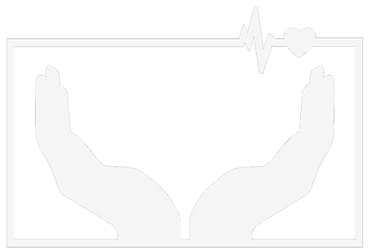Don’t Just Stand There!
The Bystander Effect Exposed!
IHH Staff
9/29/20253 min read


Hello Fellow Life-Savers and Future Heroes!
This week, we’re diving into a little something called the Bystander Effect. If you’ve ever watched a reality show where someone falls onstage and everyone just stares at their phones instead of helping—congratulations! You’ve witnessed this phenomenon in action. Spoiler alert: it’s not a good look.
What’s the Bystander Effect Anyway?
Picture this: it’s a crowded street, the sun is shining, and BAM! Someone suddenly collapses. What do you think happens next? If you believe most people will leap into action, think again. Research shows that when more people are present during an emergency, folks are less likely to intervene. Why? Well, there’s a delightful cocktail of confusion, diffusion of responsibility, and the anxious hope that someone else will step up and take charge. Or, as they say in the biz, “I don’t want to be the first to trip and fall into the lawsuit pit.”
A Little History: Where the Heck Did This Come From?
The term ‘Bystander Effect’ was coined back in the 1960s and became famous after the tragic murder of Kitty Genovese. Kitty was attacked in New York City, and the shocking part? Numerous witnesses heard her screams but did nothing. This incident became a rallying cry for social psychologists everywhere (and a source of general human disappointment). Fast forward a few decades, and now we have smartphones everywhere, because apparently, it’s more important to film a fight than step in and say, “Hey, you! Stop that!”
It’s Not Just You: The Social Media Twist
Oh, the irony of our times! Not only do we freeze like deer in headlights during emergencies, but now we’ve also got a growing number of onlookers who prefer to document crises rather than help. Thanks, social media! For some, authenticity goes out the window as the whole “record-it-for-the-’Gram” mentality takes over. So instead of jumping in to help, many folks are just itching to grab that viral moment. #HelpButMakeItFamous, right?
The Good Samaritan Syndrome
Now let’s chat about why it’s crucial to shake off the fear of stepping in. The fear of being sued can paralyze even the heartiest soul. However, laws like Good Samaritan laws exist specifically to protect those who try to help. So long as you act reasonably and in good faith, you’re covered—you won’t get dragged into court like some tragic episode of a courtroom drama. Notably, the best thing you can do is call for help, step in where you can, or at least wave your arms and yell for someone else to jump in.
Let’s Get a Little Uncomfortable
Here's the kicker: we are all capable of making a difference. When you see someone in distress, don’t just stand there like a deer caught in the headlights waiting for someone else to act. Be the person who breaks the cycle. Become the shining star in a sea of bystanders. If you’re trained in CPR, First Aid, or Disaster Preparedness (and you are, because you’re reading this or you’ve come to the right place), then you’re in a better place than most to help out effectively.
In Conclusion (Promises, We’re Almost Done!)
So next time you stumble upon a situation where help is needed, take a breath, and remember the old saying: “If you see something, say something.” But don't just say it from the sidelines with your phone raised high. Be the hero. Help out.
Hear us out, we are not asking you to blindly throw yourself into danger or become the Dark Knight over night. ((see what we did there?)) However, troubled times tests our character. This is ultimately what this is about. How do you want someone to show up for you in your time of crisis? This is something you should think about often and want to be able to show up for others in similar ways. Working together, we can tackle the Bystander Effect and promote an “all-hands-on-deck” mentality.
Until next time, go forth and be the life-saving, non-viral hero you were born to be!
Stay safe and keep on training!
Our Best,
Health Industry Services
Your CPR, First Aid, and Disaster Preparedness Go To’s


